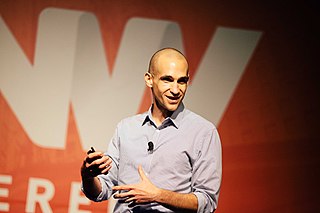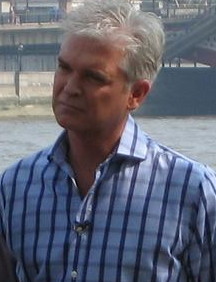A Quote by Justin Kan
I deleted all the apps. You can actually turn off the App Store. And I gave the passcode to my wife so I didn't have the passcode to reinstall the App Store. And I deleted all social media apps and e-commerce apps.
Related Quotes
A person who is app-dependent is always searching for the best app; and as soon as its routine has been executed, the person searches for the next app. A person who is app-enabled also uses apps frequently. But he or she is never limited by the current array of apps; apps will free the person to do what he or she wants to do, or needs to do, irrespective of the next application of the app. An app-enabled person can also put devices away, without feeling bereft.
The market for religious apps is fiercely competitive; searching for 'bible' in the Apple App Store returns 5,185 results. But among all the choices, YouVersion's Bible, funded by LifeChurch.tv of Edmond, Oklahoma, seems to be the chosen one, ranking at the top of the list and boasting more than 641,000 reviews.
Best of all, persons can sometimes be app-transcendent: making dramatic progress or discoveries, without any dependence on any app. In this context, I like to mention Steve Jobs. While he had as much to do as anyone with the invention and development of apps, he NEVER was limited by the current technology - indeed, he typically transcended it and relied on his own considerable wits.
































